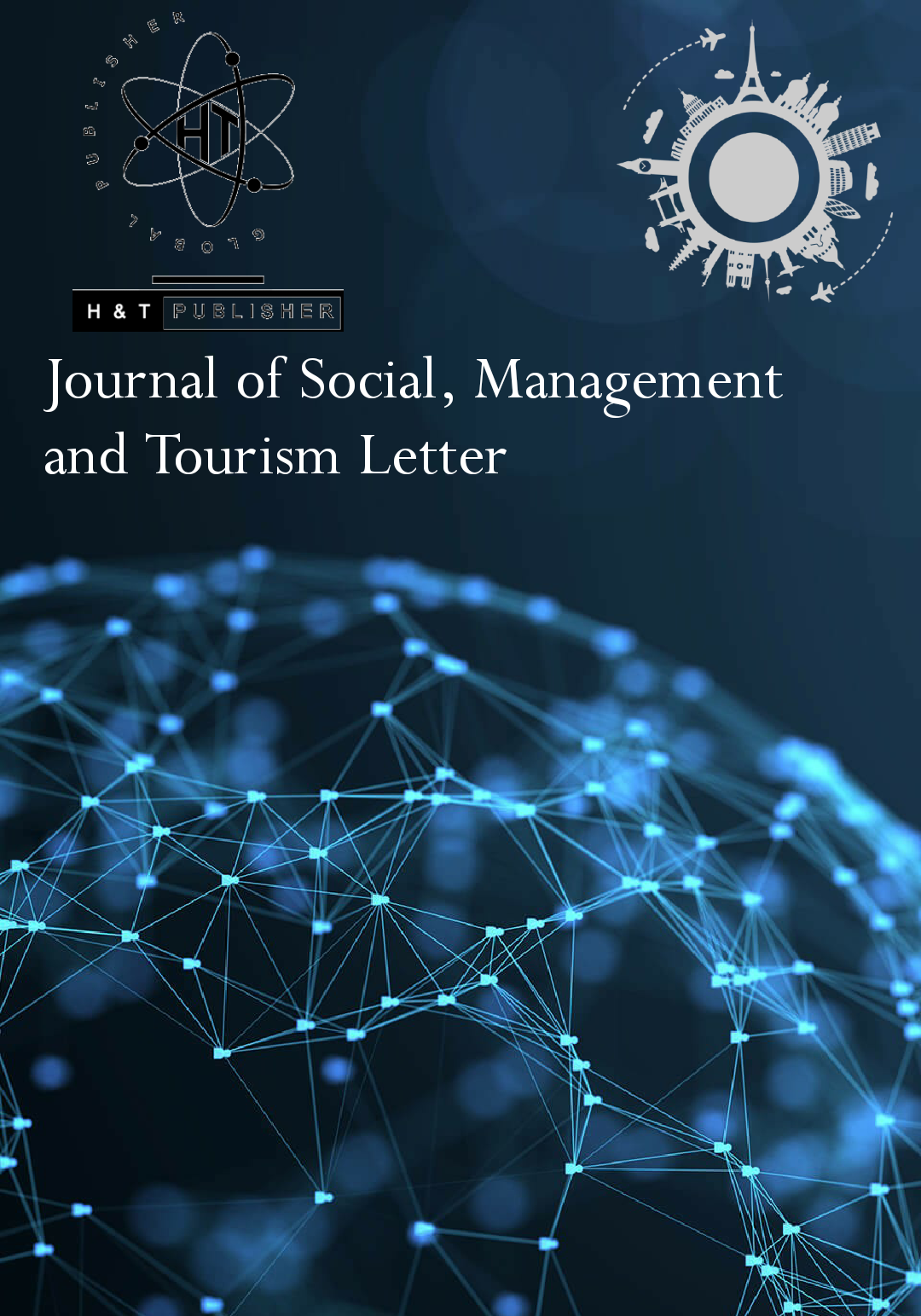


The dissolution of the Soviet Union heralded a significant shift in the geopolitical dynamics of the Caspian Sea region, precipitating a series of security challenges for nations such as Iran and Russia. Extending across borders with its abundant hydrocarbon reservoirs, the Caspian Sea, renowned as the largest lake globally, has assumed paramount importance, thrusting it into the global spotlight. The ramifications of these transformations have reverberated across various sectors, notably impacting the intricately interwoven tourism industry. This sector, intricately intertwined with the socio-political and environmental landscape of the region, has borne the brunt of these geopolitical vicissitudes. This article adopts a descriptive-analytical approach to delve into these complexities, with particular emphasis on the geopolitical challenges and their ramifications for tourism. Leveraging library resources, map analysis, and insights from the strategies of neighboring nations, the study offers a comprehensive exploration of these dynamics. The findings underscore the imperative of fostering collaboration among the nations bordering the Caspian Sea. Establishing a unified front is identified as pivotal in comprehensively addressing regional challenges. With enhanced security in the Caspian Sea area, the resolution of tourism-related issues becomes attainable, thereby unlocking potential for sustainable investment opportunities along the Caspian shores for all nations involved.